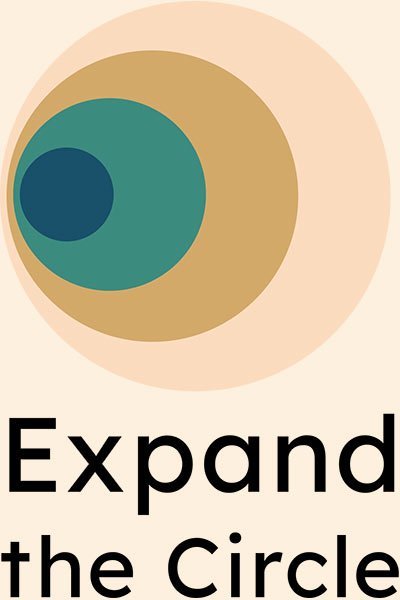Benefits of Coaching for Neurodivergent Employees
In recent years, organisations have been increasing their efforts to be more inclusive of neurodivergent ways of thinking, or neuroinclusive. Alongside creating neurodiversity-themed employee resource groups (ERGs) and providing staff training, organisations are starting to also sponsor coaching for their neurodivergent employees. Read on to learn more about the benefits of neurodiversity-affirmative coaching for neurodivergent professionals.
What makes coaching a powerful development tool for neurodivergent thinkers
By its nature, coaching is personalised to an individual. This contrasts with training and development courses that have pre-set learning outcomes and objectives as well as ways of delivery.
This aspect of coaching is particularly important for the neurodivergent community, which is very diverse. As a popular saying in the autistic community goes: “When you’ve met one autistic person, you’ve met one autistic person”. What this means is that although two people may share the same neurodivergent label(s), the way they experience the world will differ. As a result, each neurodivergent individual brings a unique set of strengths and skills to the workplace and faces distinct challenges. Personalisation is what makes coaching such a powerful development tool.
It’s worth pointing out that one of the key requirements for coaching for neurodivergent employees is that it’s neurodiversity-affirmative. This means that a coach believes that neurodivergence is a different that comes with both strengths and areas where further support or adjustments may be required, rather than seeing it purely through the lens of a disorder.
Benefits of neurodiversity-affirmative coaching for neurodivergent professionals
As a professional coach, I have seen a range of benefits that coaching brings to neurodivergent employees, including:
Confidence: being more confident about their neurodivergent identity and the unique strengths it brings
Authenticity: communicating their own needs assertively and getting other people’s acceptance and support
Work performance: crafting their role to play to their strengths and delegating tasks that they are not naturally good at (and another team member may excel at)
The benefits of neurodiversity-affirmative coaching can be accessed within as few as 3-6 coaching sessions.
Here’s what Lizzie, an autistic and ADHD law professional, says about her experience of neurodiversity-affirmative coaching:
“After six sessions with Alicja, my confidence has improved dramatically. I now believe that I can handle difficult situations, and I look to myself first for comfort and reassurance instead of relying on external validation. When situations arise that previously would have sent me into a meltdown, I feel more grounded and able to bring myself back from the edge.
I am also more able to separate myself from the emotions and moods of others: this not only allows me to protect my energy through not feeling everything that others feel, but also means that I can better express my empathy for them as I have the perspective to stand back and meet others where they are at.”
You can engage with more neurodiversity coaching testimonials here.
Benefits of neurodiversity-affirmative coaching expand to the entire team
As well as delivering value to the coached individual, the benefits gained from a coaching partnership also extend to the organisation that has sponsored the coaching programme. Through the process of identifying and understanding their own neurodivergent strengths and developing new workplace strategies, neurodivergent coachees report improvements in wellbeing, work satisfaction and job performance. In the long-term, this contributes to higher employee engagement and retention, which reduces sick leave, brain drain and recruitment costs.
The benefits of coaching expand even more widely. When a neurodivergent employee starts to self-advocate and ask for what they need to perform at their best, this may encourage other employees to do the same – no matter whether they are neurodivergent or not. Proposed changes to a neurodivergent employee’s role and responsibilities (“reasonable adjustments”) create an opportunity for the entire team to reconsider how team tasks are allocated and how the allocation process can be optimised to play to individual strengths and preferences. In turn, this leads to better communication and psychological safety within the team as well as higher team effectiveness and performance.
Note: The content of this article was originally written for and published on the KYM website. You can access the original article here.
About the Author:
Alicja Nocon is the founder of Expand the Circle. Her mission is to empower late-diagnosed neurodivergent adults to contribute in the workplace on their own terms and for it to make business sense.
Alicja offers coaching and mentoring for neurodivergent adults and neurodivergent employees with autism or ADHD, neurodiversity training for organisations and enjoys speaking at panels and other events.
Related topics:


